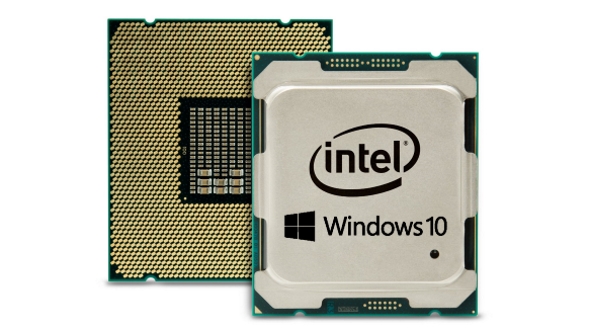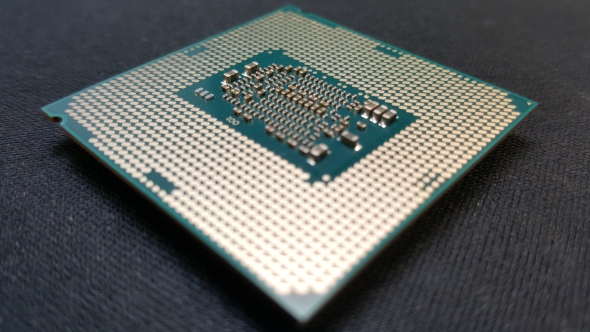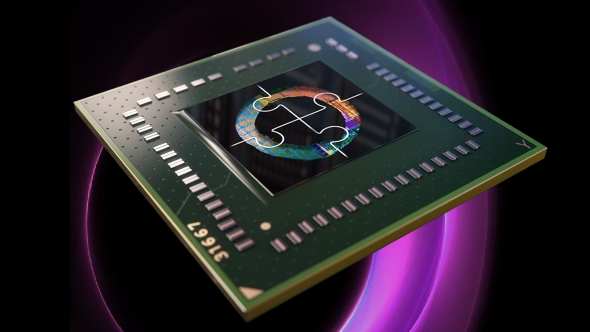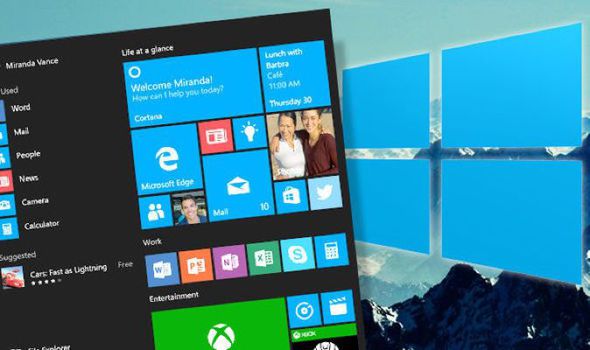

At the start of the year Microsoft announced Windows 10 would be the only supported version of Windows for Intel and AMD’s next-gen CPUs. If you’re rocking an older OS though what does that mean for you?
Want to get more out of your existing silicon rather than upgrading? Check out our simple guide to basic overclocking to find out how.
Microsoft recently reiterated their stance on limiting new silicon to current operating systems, despite backtracking on their shortening the lifecycle for any Skylake-based PCs running either Windows 7 or 8. With Skylake Microsoft originally wanted to cut support for Intel’s previous processor design on older operating systems to just 18 months.
That would have meant official support for Skylake cutting off in July 2017, while the previous Broadwell generation of chips retained support for Windows 7 until the start of 2020 and Windows 8.1 until 2023. After understandable consternation though Microsoft backtracked on their decision and have now changed the support times for Skylake to match those of Broadwell.
They are though still standing firm on their decision to limit official support for Intel’s new Kaby Lake and AMD’s upcoming Zen CPUs to Windows 10 only. If you were hoping to drop a new Intel or AMD processor into your existing Windows 7 or 8 machine then I’m afraid I’ve got some bad news for you: you ain’t going to get any support from Microsoft.

But that also means you’re not getting any support directly from AMD or Intel either as both chip manufacturers have stated they’re fully behind Microsoft’s OS policy. “Intel will not be updating Win 7/8 drivers for 7th Gen Intel Core per Microsoft’s support policy change,” a company suit told PCWorld while AMD’s chief technical officer, Mark Papermaster, is quoted to have said “AMD’s processor roadmap is fully aligned with Microsoft’s software strategy.”
Put those pitchforks down for a second though, none of that necessarily means your Zen-based machine is going to blow up the second it hits the Windows 7 loading screen. Or rather I don’t think it will. Obviously without actual hardware in hand it’s impossible to know for sure, maybe the big M and the CPU guys have cooked up a kill switch which melts their silicon the moment it sniffs an old operating system…but I doubt it.
More likely there might be some slight errors with more modern CPU instruction sets, potentially the inability to patch out subsequent exploits, and maybe difficulties with the GPU portion of any processors sporting graphics chips themselves. But for Kaby Lake we’re talking about essentially the same silicon that has already done the rounds under its Skylake guise, only with slightly higher clockspeeds and a more mature production process. So it’s difficult to imagine older operating systems, which play happily with Skylake, throwing their toys out of the pram when desktop Kaby Lake chips roll around.

For Zen though it might be a bigger deal. AMD’s Zen architecture is a whole new, ground-up CPU design and as such there’s no software precedent to lend it support. It’s still an x86 processor, however, and so it will likely still be bootable using Windows 7 or 8.
It’s worth remembering though that we are just talking about Microsoft operating systems here. This policy has no impact on running new Intel or AMD silicon either on a Linux-based OS or on Apple’s OSX. But then who wants to game on either of those, even if you can play Overwatch on Mac (with expensive software)?
I’ll probably get gently murdered for suggesting this, but I’d recommend upgrading to Windows 10 if you’re thinking about purchasing either an Intel Kaby Lake or AMD Zen CPU. I understand you might love the rolling green hills of XP or the start menu of Windows 7, but Windows 10 is the only place you’ll find DirectX 12 and that’s going to become increasingly important for getting the most gaming performance out of your multi-threaded CPU.
So, who’s really going to suffer from this policy change? Realistically it’s just the poor IT guys for big companies with lots of PCs and laptops. The next time they upgrade their systems they’ll either be forced into picking up Windows 10 for their business needs or sticking with older hardware. Who’d be an IT guy, eh?
[Source:-PC GamesN]





